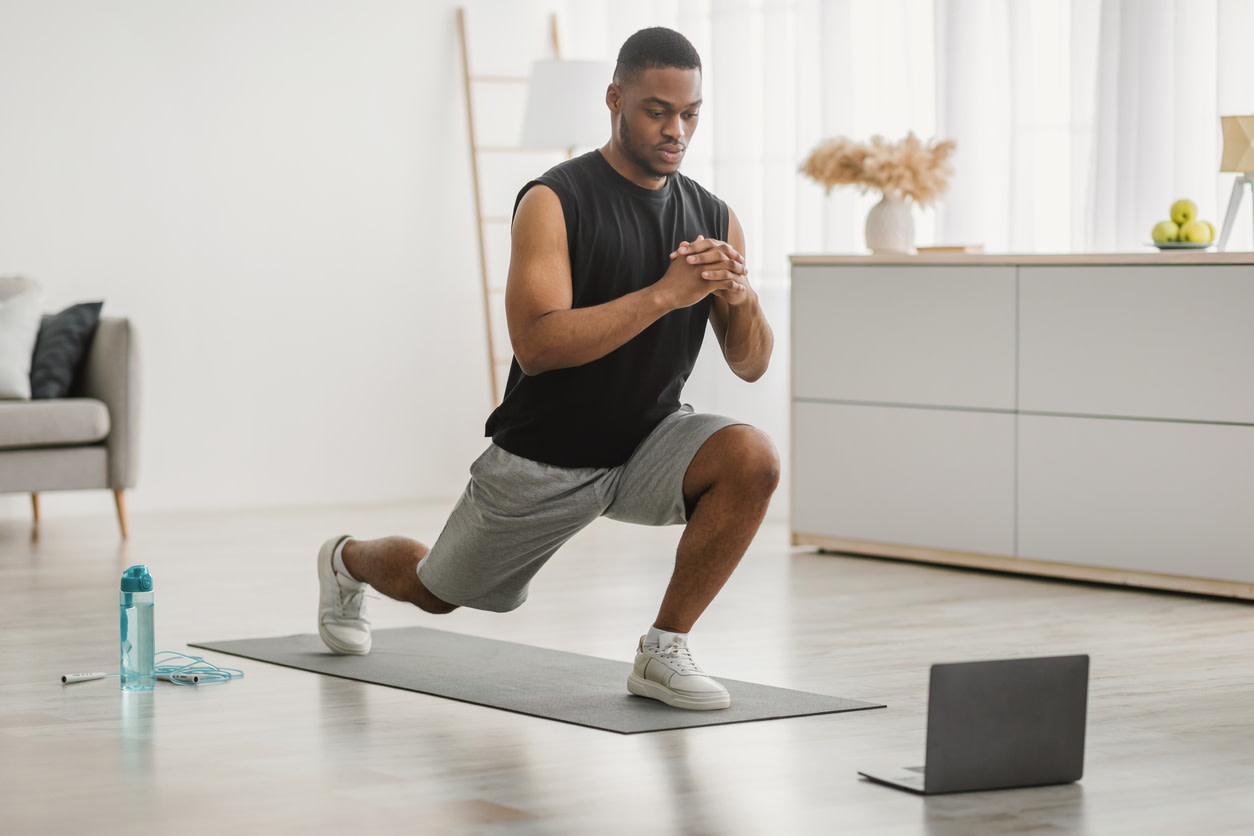10 Hamstring Strengthening Exercises Physical Therapists Want You to Try
Discover how hamstring strengthening exercises can relieve pain and improve mobility with tips from physical therapists.
0 $ pour vous
Date de publication : Sep 30, 2024
Table des matières
Fully covered leg pain relief
Find relief from leg pain, calf pain, tight quads, & more.
Check if I'm eligible